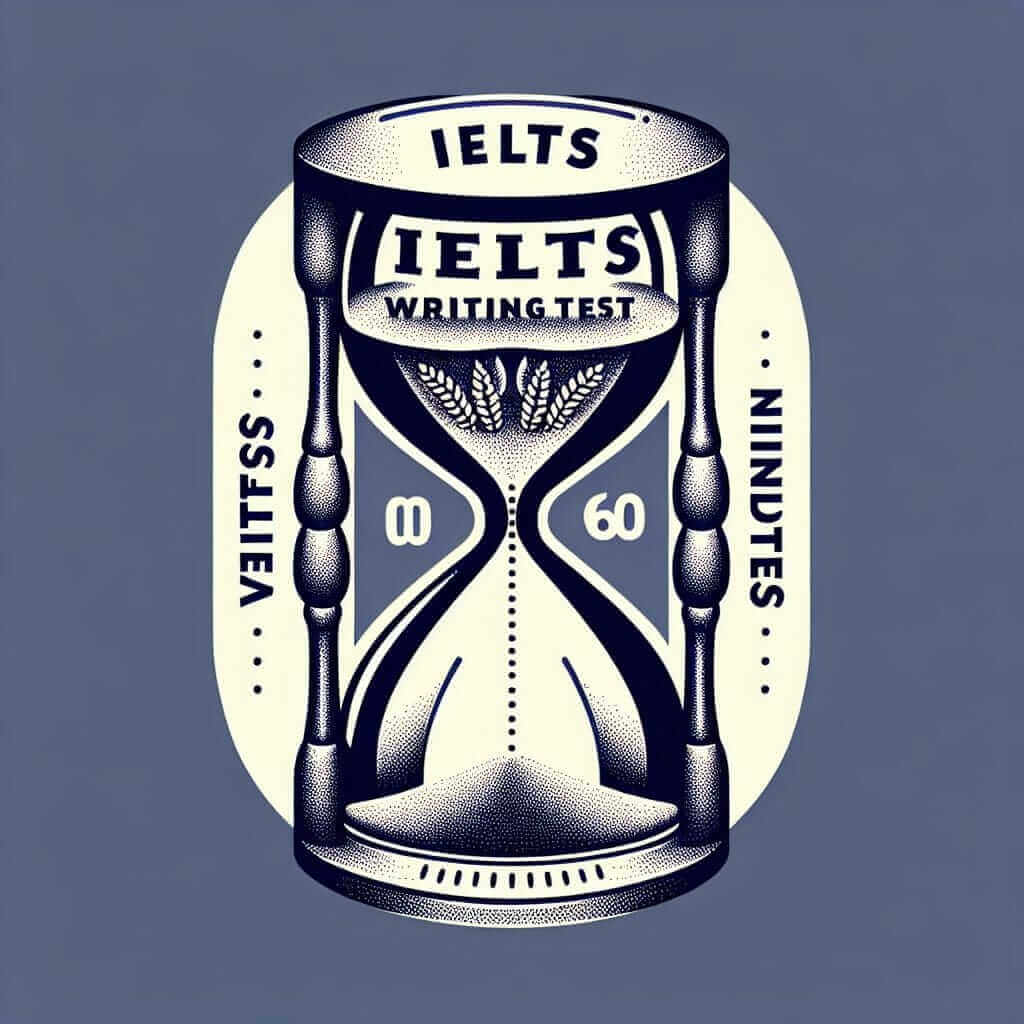As an IELTS instructor with over two decades of experience, I often see students struggle with seemingly simple aspects of English grammar, particularly in their writing. One such area is expressing time, specifically the word “hour.” While it may seem straightforward, using “hour” accurately within the context of your IELTS essays is crucial for achieving a higher band score.
This guide will delve into the nuances of writing “hour” in your IELTS essays, equipping you with the knowledge and confidence to express time clearly and effectively.
Understanding the Significance of “Hour” in IELTS Writing
Accurately using “hour” demonstrates your grasp of:
- Articles: Choosing the appropriate article (“a,” “an,” or “the”) before “hour” showcases your understanding of countable and uncountable nouns.
- Singular/Plural Forms: Correctly using “hour” in its singular or plural form (“hours”) is vital for grammatical accuracy.
- Prepositions: Using the correct prepositions (“for,” “in,” “within,” etc.) in conjunction with “hour” reflects your command of prepositions of time.
Mastering the Usage of “Hour” in Your IELTS Essays
Let’s explore various scenarios where “hour” is commonly used:
1. Indicating Duration
-
“an hour”: Use “an hour” when referring to a single, unspecified hour.
- Example: “The IELTS listening test lasts for an hour.”
-
“hours”: Use “hours” when referring to a duration of more than one hour.
- Example: “Candidates are often advised to dedicate several hours each week to IELTS preparation.”
-
“per hour”: Use this phrase to express a rate or frequency.
- Example: “The legal speed limit on this highway is 100 kilometers per hour.”
2. Specifying a Particular Hour
- “the hour”: Use “the hour” when referring to a specific hour.
- Example: “The speaking test was scheduled for 10:00 am, but the candidate arrived an hour late.”
3. Expressing Time Limits
- “within an hour”: Use this to indicate something will happen before an hour has passed.
- Example: “The essay must be completed within an hour.”

Examining “Hour” in IELTS Writing Samples
Let’s analyze how “hour” is used in example sentences taken from IELTS writing prompts:
-
Prompt: Some people believe that children should be allowed to watch as much television as they like. Others argue that television viewing should be limited. Discuss both views and give your own opinion.
-
Example Sentence: “While unlimited television might seem appealing to children, studies have shown that excessive screen time, exceeding four hours a day, can have detrimental effects on cognitive development.”
-
Prompt: The internet has revolutionized the way we communicate. To what extent do you agree or disagree?
-
Example Sentence: “In today’s digital age, people can share information and connect with others across continents within an hour, thanks to the internet.”
Tips for Using “Hour” Effectively
- Context is Key: Always consider the context of your sentence to determine the correct usage of “hour.”
- Proofread Carefully: After writing, review your work specifically for the correct usage of “hour” and other time expressions.
Conclusion
Mastering the seemingly simple word “hour” can significantly impact the clarity and grammatical accuracy of your IELTS writing. By understanding the rules outlined in this guide and practicing their application, you can enhance your writing proficiency and boost your confidence for the IELTS exam. Remember, consistent effort and attention to detail are key to achieving your desired band score. Good luck!